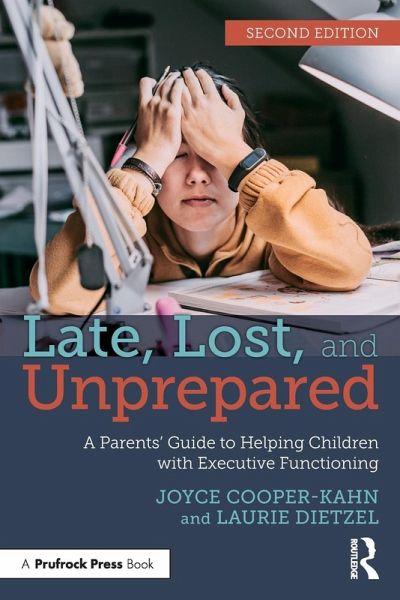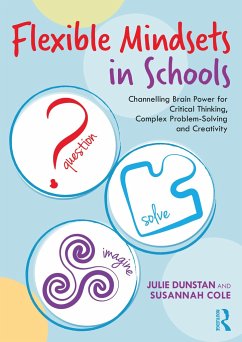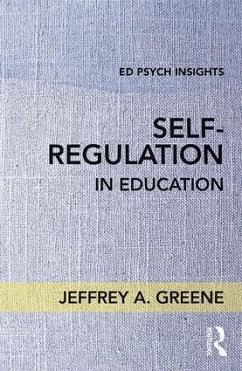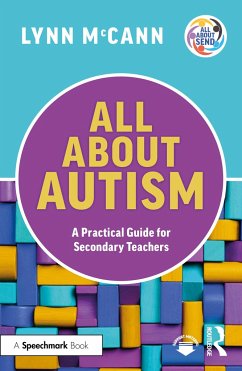
Late, Lost, and Unprepared
A Parents' Guide to Helping Children with Executive Functioning
Versandkostenfrei!
Versandfertig in 6-10 Tagen
17,99 €
inkl. MwSt.
Weitere Ausgaben:

PAYBACK Punkte
9 °P sammeln!
Does your child have difficulty meeting deadlines, staying organized, or keeping track of important information? Do they tend to forget details? Are they prone to emotional meltdowns? This book will become your go-to, all-inclusive guide to helping children manage issues with these executive functions.Late, Lost, and Unprepared is packed with encouragement, strategies, overviews, case studies, tips, and more, explained in accessible, everyday language. In this updated and expanded edition of the highly regarded book for parents, you will find valuable new insights, fresh examples, and an all-n...
Does your child have difficulty meeting deadlines, staying organized, or keeping track of important information? Do they tend to forget details? Are they prone to emotional meltdowns? This book will become your go-to, all-inclusive guide to helping children manage issues with these executive functions.
Late, Lost, and Unprepared is packed with encouragement, strategies, overviews, case studies, tips, and more, explained in accessible, everyday language. In this updated and expanded edition of the highly regarded book for parents, you will find valuable new insights, fresh examples, and an all-new chapter on emotional regulation. Featuring down-to-earth examples and a flexible framework that allows you to think on your feet, the strategies within this book can be adapted to any child or situation.
In addition to providing approaches for helping your child to manage demands in the short run, this book offers strategies for building independent skills for long-termself-management. Late, Lost, and Unprepared gives parents the support they need to help their child become productive and independent - today and in the future.
Late, Lost, and Unprepared is packed with encouragement, strategies, overviews, case studies, tips, and more, explained in accessible, everyday language. In this updated and expanded edition of the highly regarded book for parents, you will find valuable new insights, fresh examples, and an all-new chapter on emotional regulation. Featuring down-to-earth examples and a flexible framework that allows you to think on your feet, the strategies within this book can be adapted to any child or situation.
In addition to providing approaches for helping your child to manage demands in the short run, this book offers strategies for building independent skills for long-termself-management. Late, Lost, and Unprepared gives parents the support they need to help their child become productive and independent - today and in the future.














